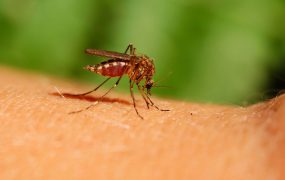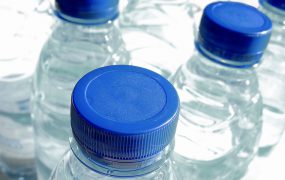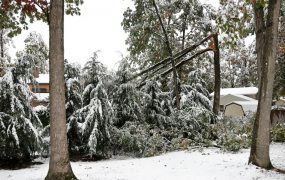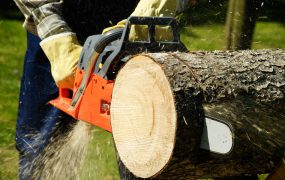Preocupaciones de salud y seguridad para los casos de desastres
* Los enlaces a esta página llevan a información en inglés.
Esta página fue revisada el: 13 de octubre de 2017
Fuente del contenido: Centros para el Control y la Prevención de Enfermedades








